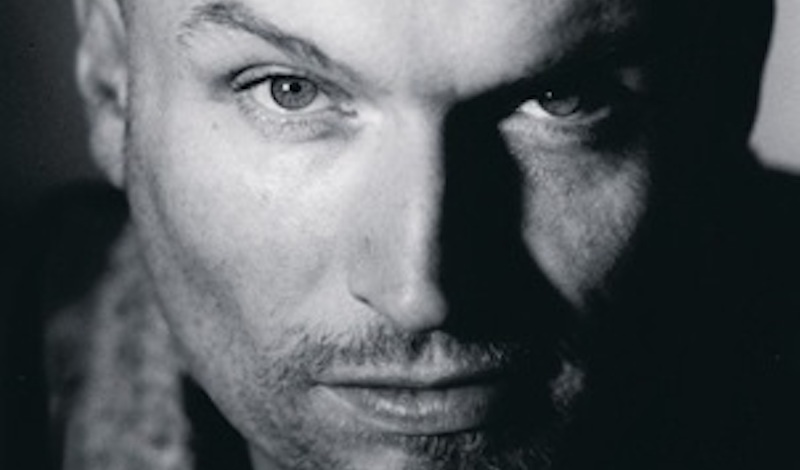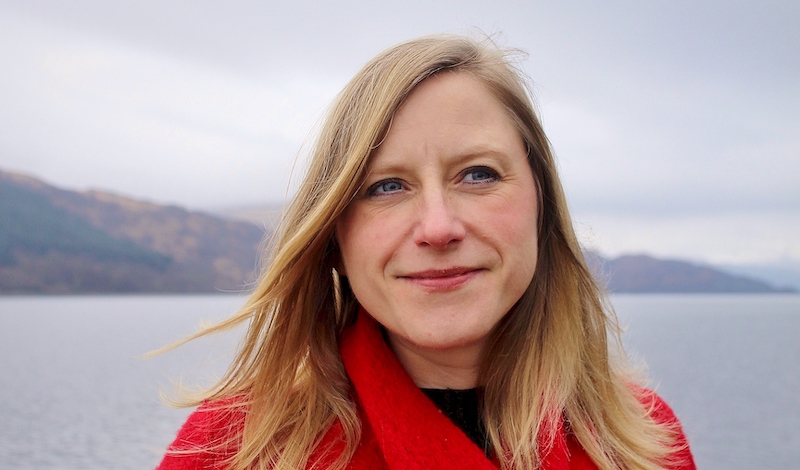Lyceum’s home theatre experience
Sound Stage offers “at home theatre experience”
A new play by Mark Ravenhill is to open Sound Stage, the Lyceum’s latest experimental online theatre season of eight new premieres from leading Scottish and British playwrights, presented in an immersive audio theatre setting.
Every month from March until October 2021, Sound Stage will allow theatre goers to meet up and chat with their friends, as they would at a live event, enjoy a play and put questions at post-show discussions. All from the comfort of their own home.
The innovative joint venture sees the Lyceum and Pitlochry Festival Theatre collaborating with audio production company Naked Productions, to record the eight new plays remotely and then present them in the new Sound Stage setting.
The other playwrights involved are John Byrne, Roy Williams, Jaimini Jethwa, Timberlake Wertenbaker, Frances Poet, Gary McNair and Lynda Radley.
David Greig, the Lyceum’s artistic director said that the idea for Sound Stage came after his play Painted People was created in an audio version for Pitlochry, with its artistic director Elizabeth Newman.
positive feedback
He told Æ that the Lyceum’s most successful performance during lockdown has been an event where Painted People played to an invited audience of the Lyceum’s patrons, who met on Zoom for pre-show talk – with their own drinks on hand – and then stayed for a post-show discussion with himself and Newman.
“There is something about listening to audio in your own home – the pictures are better,” he joked, adding that the positive feedback from the event made it clear that it provided the audience with a unique and collective experience at home.
He said: “The theory of the platform is that you click onto Sound Stage and it will be like a virtual environment. You can go to the bar or you can go straight to your seat – but if you are in the bar for example you could be with your friend somewhere else who has bought a ticket.
“You can sit and have your drink before the show begins and there will be a five minutes call, a bit like in a game. The idea is that you would be able in essence to meet somebody to go to the theatre together. Of course you are both at home.”
Each play will have limited number of audio performances with curtain up at the usual time. Audiences will be able to buy tickets to the show of their choice from the Lyceum and Pitlochry websites.
pre-show drinks
There is no limit to the number of people who can attend a single event, however, nor to where in the world they tune in from. In theory you could meet Australian friends for pre-show drinks in the virtual bar – although they would be starting very early!
Greig describes Sound Stage as a “bomb-proof” way of staging theatre during the pandemic. What ever the situation with lockdown, both the recording of the audio play and the event of its “performance” can go ahead.
He and Newman also emphasise that the quality of the performance is as good as it can be, thanks to Naked Productions, who have a strong history of creating drama for BBC radio. Nor will there be any of the awkward social-distanced moments of theatre filmed during the pandemic.
Sound Stage is also a way for both theatres to fulfil their commitments to working with as many freelancers as possible and connect with their audiences – requirements of the Scottish Government’s Performing Arts Venue Relief funds that both theatres received.
Greig says this also a chance to experiment with new plays. He expects all the scripts to have a future life with a live performance at either the Lyceum or Pitlochry.
Sound Stage will open on Friday 26 March with the premiere of Mark Ravenhill’s new play Angela. Tickets will go on sale on Sunday 14 February.
Further details about the plays and casting for the opening Sound Stage season will be announced in the coming weeks.
For further information visit www.lyceum.org.uk and www.pitlochryfestivaltheatre.com.
ENDS






















